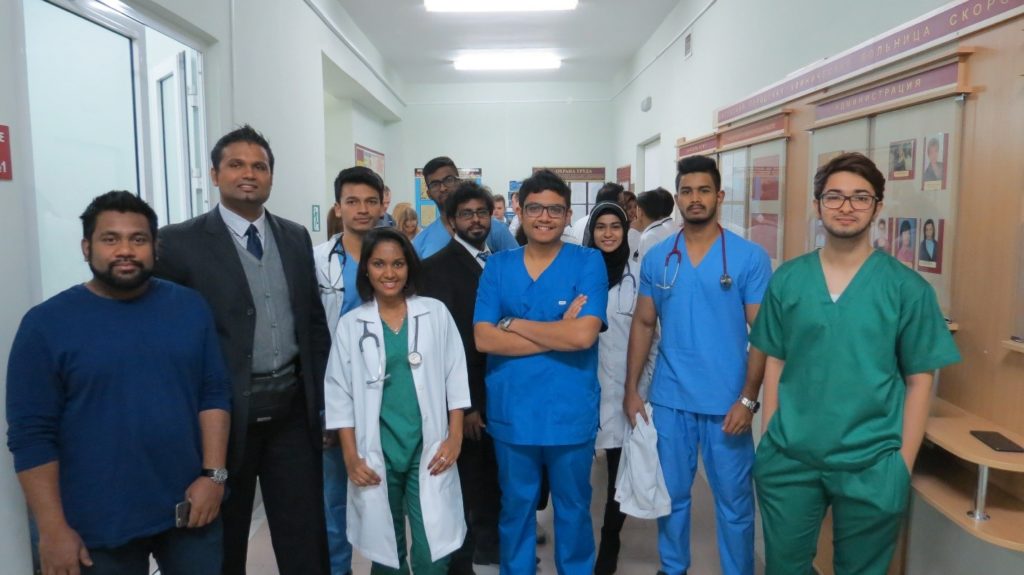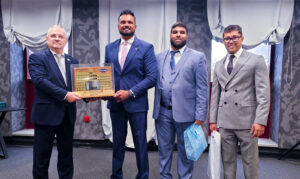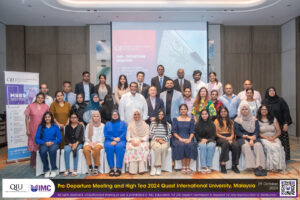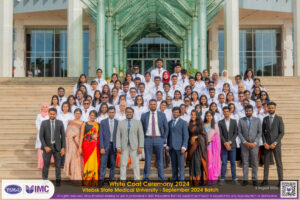
This is probably one of the most interesting part of Studying Medicine at a fantastic University. Certain activities that you can do in your spare time aren’t just about having fun, however. While the main reason you do them is to enjoy yourself and take your mind off work they are actually very important in your “personal development”. This is, as we know working on skills that are outside the scope of academic study but are still vital to being an effective doctor. For an example, by taking part in music or theatre you will become accustomed to performing in front of a large crowd of people and as a consequence if you ever have to present at a conference or even to a team of your colleagues, you will be able to stand up with confidence and say what you need to.
Equally, playing in a sports team will help you function with other people, some of whom you may have a personality clash with or strongly differ in opinions. You become used to a position of responsibility, with other people relying on you to perform your role, sometimes under pressure. Sports and societies also provide an opportunity to take a leadership and organisational role, which once again will become very important in a clinical context, whether it is organising ward staff or running a practice as a GP. Medicine is a career in which it is vital to emerge from university as a functional person who is capable of interacting well with others. This will not be achieved by sitting in your room every evening and studying the lecture notes: there is an important balance to be struck between working and having a life.
You will be able to use what you learn for the rest of your life
This might seem like a fairly trivial point, but it should not be overlooked. The truth for many courses is that you are only really studying in order to pass your exams and once you have managed this the information which you have tried so hard to learn is largely useless to you. This is very much not the case in medicine, with areas of study including anatomy, physiology, biochemistry, pharmacology and pathology all being directly applicable in diagnosing, understanding and treating a disease. Not only is this a great incentive to learn the core course material well, in order that you will be a competent doctor, it is also an incentive to go beyond the basic lecture material and satisfy your curiosity about what you have been taught. As a medic this extra detail could one day be put into practice in a clinical situation and could make a crucial difference to a patient. When you are studying medicine you are not just studying for the next exam but taking the first steps on a course of lifelong learning, building your basis of professional knowledge throughout your medical career.
The International Medical Foundation (IMF)
This gives students in these situations another chance to get into medical schools. international learning centers of Vitebsk State Medical University in Belarus, Eastern Europe offer these programs. This program offers the same internationally recognized Medical Foundation program offered at Vitebsk State Medical University (VSMU) which is listed by world leading medical regulatory authorities such as medical councils of USA, Canada, Australia & UK.





